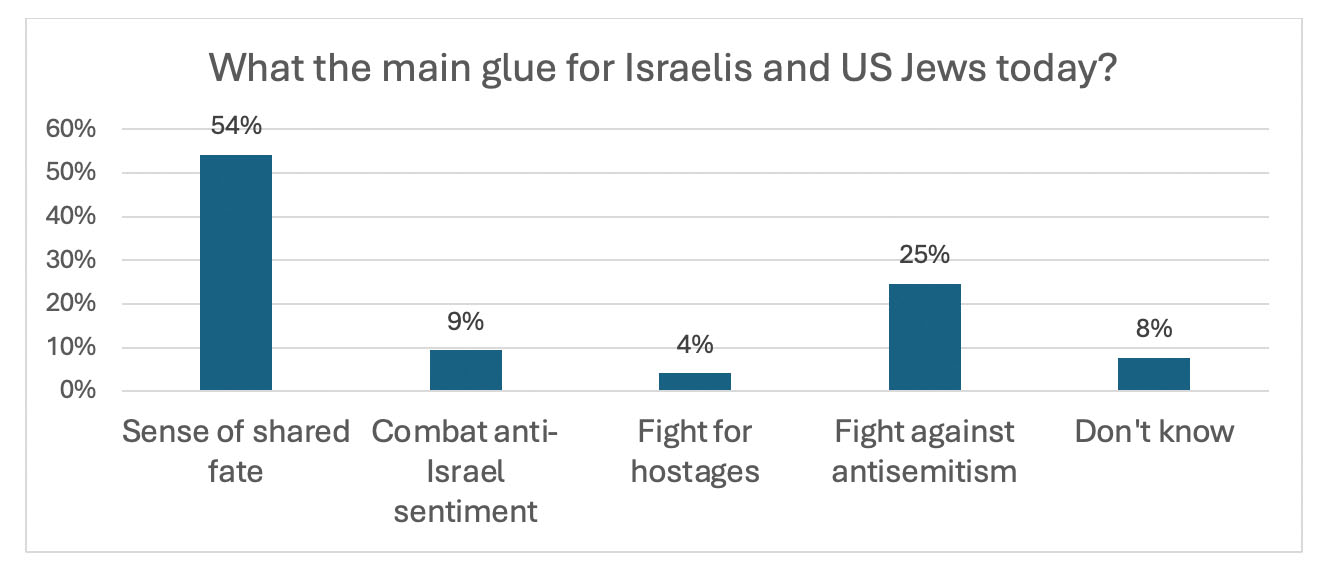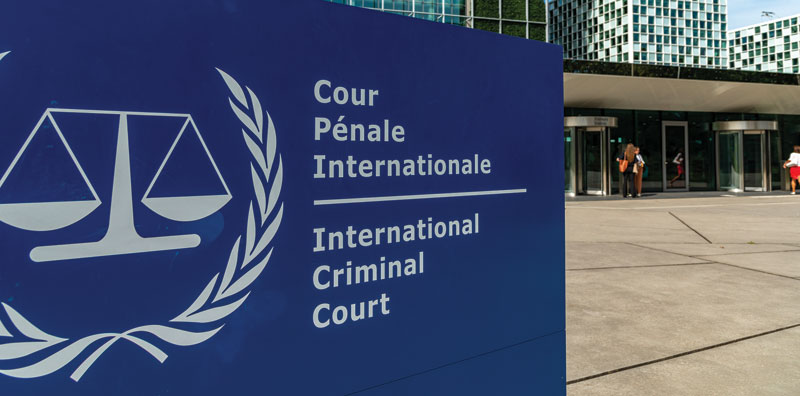
It should be obvious but we Israelis sometimes tend to forget: America does not owe us anything. Not ammo, or a quick supply of it. We also forget that relations between countries are based on interests. Of course, there is also affection and shared values but first of all interests. And one more thing: In every give and take transaction there is a “take” (ammunition) and there is also a “give” (whatever it is that America wants). The assumption that the U.S. will supply Israel and will not use such supply as leverage to steer Israel towards something is the assumption of the naive (or stupid, but there are no stupid readers of this column).
Now we can turn to a specific discussion about our specific situation. What do we know? That Israel claims the pace of ammo transfer from the U.S. to Israel is not fast enough. What else? That PM Netanyahu decided to make this a public dispute with the U.S. administration. What don’t we know? If Israel is right, and the pace has slowed. And we don’t know if it has slowed because of slow bureaucracy, or maybe it is a deliberate slowdown for political reasons. And we don’t know if Netanyahu’s decision will turn out to be beneficial.
Now let’s try some assumptions. One —Netanyahu is looking for a quarrel with the U.S. in order to gain politically in Israel. Many of Netanyahu’s opponents think this is the case, but that does not mean this really is the case. This means they have no confidence in Netanyahu. It is unfortunate to see that the PM of Israel has degraded his status to such an extent. Unfortunate — but this is reality.
Let’s give Netanyahu credit for what he did. Reminder: He released a video in English in which he directly and harshly criticizes the Biden administration. “It is unimaginable that in recent months the administration has been withholding weapons and ammunition from Israel,” Netanyahu said. Suppose Netanyahu is right (and I assume he is), and suppose the Americans slowed down. The question about Netanyahu’s video is a simple one: Is this the most effective means of getting the ammunition, and what is the risk involved?
The question about Netanyahu’s video is a simple one: is this the most effective means of getting the ammunition, and what is the risk involved?
Netanyahu says he tried to get things moving discreetly, to no avail. He concluded that a public confrontation is the only option left. Here’s another reminder: Netanyahu is a leader at war and time is of the essence. Because of this, he can make the following calculation: Israeli might indeed lose points in its future relations with the administration because of the video. But right now, Netanyahu will say, Israel needs ammunition, and will have to deal with the administration’s wrath later.
This is what can be said in Netanyahu’s defense if we accept Netanyahu’s version, which includes three components: First —there is an American delay and a lack of ammunition that is critical; second — an attempt was made to get the ammunition in other ways and it was not successful; third — public criticism is the best available path to remove the obstacles.
As mentioned, it is very difficult to know whether these three conditions are met, because only a few Israelis still have faith in Netanyahu. And because trust in his administration is not sky high. And also because rumors about the shortage of ammunition have been circulating in Israel for quite some time. And, because there are things that cannot be known in advance, only estimated: Netanyahu estimates that his video will do the trick. But one can also make the opposite assumption: The Biden administration does not want to appear weak and therefore will decide to delay the shipment even more.
Which of the two outcomes will come true? Here is one prediction: Netanyahu will tell you that his assessment was correct, and that, thanks to him, the ammunition arrived. The Americans will tell you that his video was unnecessary, and if anything, because of it, the ammunition was delayed.
And you? You will not know, because this type of information is very difficult to gather, and most of those who report on it will be fed by an Israeli source or American source. And since all of us — that’s how we are built — have a prior position regarding the PM’s move, and a prior position of trust or distrust in the PM and the Biden administration, any information that arrives will be filtered by us accordingly. We will believe what is convenient, we will not believe what is inconvenient. We will believe the truth that fits our other beliefs.
Something I wrote in Hebrew
Based on the surprising results of a new poll, I wrote this:
It’s a fascinating difference. The division between “camps” in Israel is seen by one camp (the right wing) mainly as an expression of a political position, and in the eyes of another camp (the left wing) mainly as an expression of cultural characteristics. On the right, people say “we choose right because of our beliefs concerning the Israeli-Palestinian conflict.” In the center-left, many have changed their tune: “We choose center-left because this is the camp whose cultural vision is more in line with ours.”
A week’s numbers
In both Israel and the U.S. Jews feel more connected to one another today. But what’s their bond based on? Here’s what Israelis say:

A reader’s response
Alice Frank wrote: “You recently seem to be more pessimistic about the future of Israel than before.” My response: Yes, I need to find a way to resurrect my optimist.
Shmuel Rosner is senior political editor. For more analysis of Israeli and international politics, visit Rosner’s Domain at jewishjournal.com/rosnersdomain.























 More news and opinions than at a Shabbat dinner, right in your inbox.
More news and opinions than at a Shabbat dinner, right in your inbox.